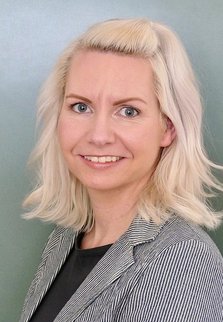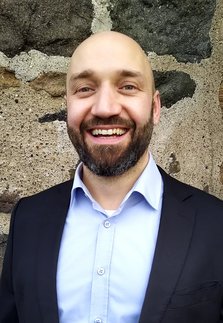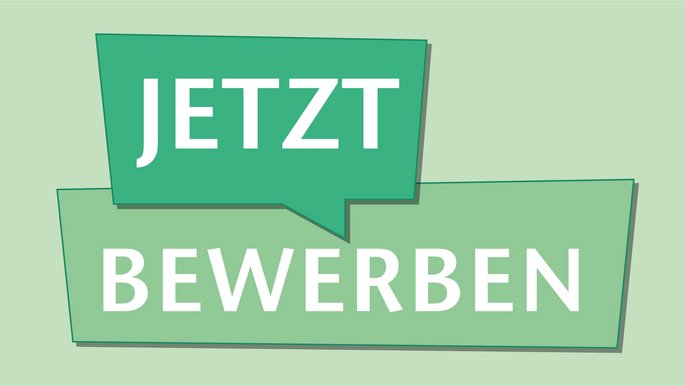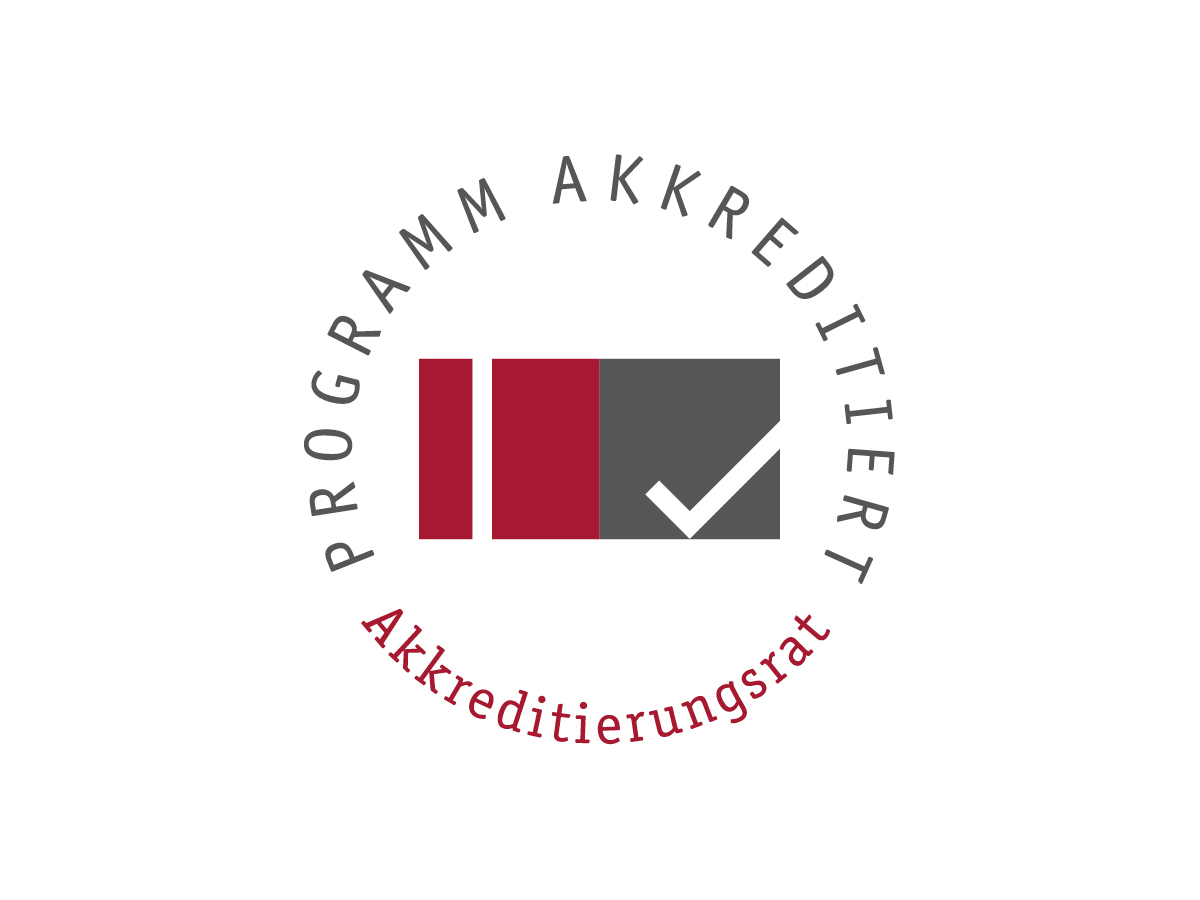The Olympic Games and the Paralympics have once again demonstrated the importance of excellent equipment for top sporting performance. Their development and construction require a combination of sound engineering, anatomical and physiological, sports science and practical knowledge. This is where training as a sports engineer comes in. They learn to use and apply specific material properties in combination with measurement and diagnostic methods for applications in the fields of competitive sports, recreational sports and preventative and rehabilitation sports.
Job profile and labor market
The development of functional, sustainable materials is becoming increasingly important. The major sporting goods manufacturers, for example, offer a wide range of tasks in the field of research and development. Materials technology plays a central role as the basis for the development of new products. This applies to both sports and rehabilitation technologies. Sports engineers can usually be certified as experts following further training and then work as assessors or inspectors for sports equipment or sports infrastructure. Training centers for competitive or rehabilitation sports can also offer interesting job opportunities.
An external labor market analysis shows that graduates of the sports engineering course have a wide range of employment opportunities, for example in the development and manufacture of sports equipment and materials, thanks to the broad-based training.
- Development of sports equipment and materials or rehabilitation technology
- Orthotics and prosthetics
- Material testing for sports and rehabilitation technology
- (Further) development of analysis methods in sport
What makes the degree program in Clausthal special
What makes the sports engineering course special is its interdisciplinary nature with a focus on materials science and materials engineering and its practical relevance, for example in the use of sports equipment and materials. The small university offers good support and cooperation with regional sports and rehabilitation technology companies. There are also very good sports opportunities as part of university sports, e.g. at the TU boathouse, and in the beautiful Harz countryside.
Structure of the study program
The 6-semester Bachelor's degree course in Sports Engineering combines engineering and sports science disciplines. It has an interdisciplinary character and in the first four semesters provides extensive basic knowledge in physics, chemistry, mathematics, computer science, materials science and materials engineering, mechanical engineering, electrical engineering and technical mechanics. In the 5th semester, an interdisciplinary project and an industrial internship in sports engineering are planned. Design theory, measurement and control technology as well as sports and rehabilitation technology are further focal points, as is an introduction to sports science, biomechanics as well as sports equipment and materials and their application in practice.
- Engineering fundamentals
- Materials science and materials engineering
- Anatomy and physiology
- Fundamentals of sports science
- Sports equipment and materials and their application
- Sports and rehabilitation technology
- Compulsory elective modules and compulsory elective internship in sports engineering
- Interdisciplinary project work and Bachelor's thesis
- Sports practice for sports engineers
Industrial internship
The industrial internship lasts 20 weeks and is divided into a pre-study internship (VP) of 8 weeks - before the start of studies - and a specialist internship (FP) of 12 weeks.
Detailed information on the areas of activity can be found in the internship regulations for the B.Sc. in Sports Engineering.
Part-time study
The Bachelor's degree course in Sports Engineering can also be studied part-time. Further details on the requirements, structure and legal consequences of part-time studies can be found in the "Regulations governing part-time study (TzO)" of Clausthal University of Technology in the currently valid version.
Before applying for and taking up part-time studies, a consultation with the responsible part-time study coordinator is mandatory. During this consultation, the part-time study coordinator will agree on an individual study plan (learning agreement) for the part-time study program in consultation with the student.
You can find the form for applying for part-time study (incl. Learning Agreement) here

Ms. Diana Gottschlich, M.A.
Phone: +49 5323 72-7806
Fax: +49 5323 72-7899
E-mail: bewegungswissenschaft@tu-clausthal.de
Sportinstitut
Julius-Albert-Straße 2, Room 3
38678 Clausthal-Zellerfeld

Prof. Dr. Uwe Wolfram
Phone: +49 5323 72-2792
E-mail: uwe.wolfram@tu-clausthal.de
Institute of Materials Science and Engineering
Agricolastr. 6
38678 Clausthal-Zellerfeld
Overview
Type: Bachelor's degree programme
Duration: 6 semesters
Language of instruction: German
Degree: Bachelor of Science (B.Sc.)
Admission requirement: Higher education entrance qualification
Start of degree programme: Admission is only possible in the winter semester!
Accreditation: accreditation notice
accredited until 30.09.2032
Beginning of studies
Welcome Weeks (before lectures begin)
TU Clausthal supports students as they start their studies with various event formats.
Pre-mathematics course (before lectures begin)
The Institute of Mathematics offers a pre-mathematics course for all first-semester students (in German).
These degree programmes may also interest you
Materials science and materials engineering
Mechanical Engineering with a specialisation in biomechanics
Subsequent Master's programmes
Materials Science and Engineering
Mechanical Engineering with a specialisation in biomechanics
Documents
Course Flyers
Model Study Plans
Examination Regulations
Internship Regulations
Elective Catalogs
Module Handbook


